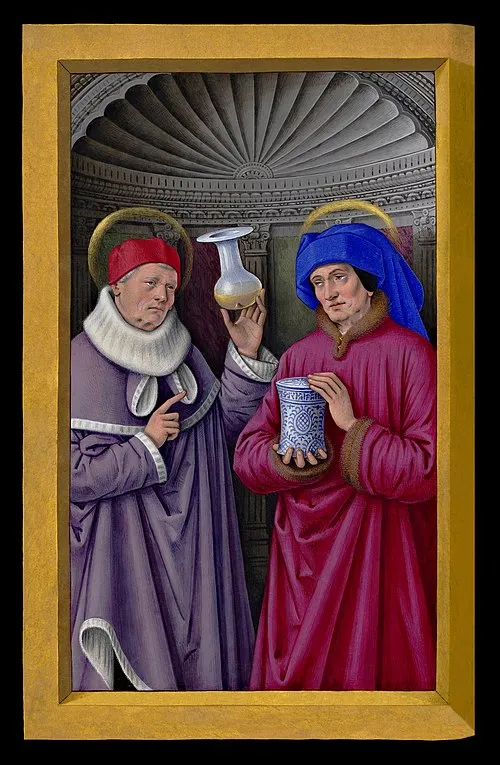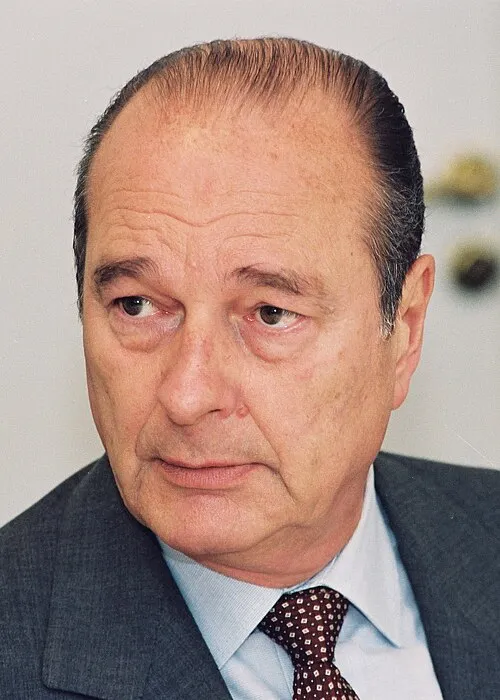In 2024, Hurricane Helene struck Perry, Florida as a devastating category four hurricane. This catastrophic storm resulted in over 250 fatalities, marking it as the deadliest hurricane to hit the mainland United States since Hurricane Katrina. Stay informed about the impact and aftermath of Hurricane Helene's landfall.
On September 26
11
Important Days
46
Important Events
360
Births and Deaths
recorded.
Holidays and Occasions
Events
Births and Deaths

Day of the National Flag in Ecuador: Celebrating Heritage and Unity
The Day of the National Flag in Ecuador, celebrated on the 26th of September, is a significant event that honors the nation's identity and heritage. This day commemorates the flag’s symbolic importance and its role in unifying the country, reminding citizens of their rich history and cultural diversity...

Dominion Day: Celebrating New Zealand's Path to Independence
Dominion Day, an important event in New Zealand's history, is celebrated on September 26th each year. This day marks the moment in 1907 when New Zealand was named a dominion within the British Empire, signifying its growing independence and the beginning of a journey towards nationhood...

Celebrating the European Day of Languages: A Tapestry of Cultures and Languages
The European Day of Languages, celebrated on September 26 every year, offers a fantastic opportunity to acknowledge the diversity of languages and cultures within Europe. Established by the Council of Europe in 2001, this day promotes language learning, linguistic diversity, and intercultural dialogue across the continent...

Understanding the International Day for the Total Elimination of Nuclear Weapons
The International Day for the Total Elimination of Nuclear Weapons, observed annually on September 26th, serves as a crucial reminder of the need for collective action towards a world devoid of nuclear weapons. Established by the United Nations, this day aims to promote awareness and advocacy about nuclear disarmament and its critical importance in ensuring global peace and security...

Celebrating Petrov Day: Traditions, Significance, and Reflection
Petrov Day, also known as the Feast of Saints Peter and Paul, is celebrated annually on June 29th and holds significant cultural and religious importance in various countries. This day commemorates the martyrdom of Saints Peter and Paul, two of the most prominent apostles in Christianity, and is a moment for reflection, joy, and community gatherings...

Understanding Revolution Day in Yemen: A Historic Celebration
Revolution Day, observed on September 26 every year, is a significant date in Yemen's history, marking the start of the 1962 revolution that transformed the nation from a kingdom into a republic. This day stands as a reminder of the struggles and aspirations of the Yemeni people for freedom and democracy...

Understanding the Canadian Martyrs: A Pillar of Faith in the Catholic Church
The Canadian Martyrs, also known as the North American Martyrs, are a group of eight Jesuit priests and two laypersons who were missionaries in North America during the 17th century. Their missionary efforts amongst Indigenous peoples and their subsequent martyrdom have made them significant figures in the history of the Catholic Church in Canada...

Saints Cosmas and Damian: A Legacy of Healing and Faith
Saints Cosmas and Damian are venerated as twin brothers who made significant contributions to early Christianity through their practice of medicine and miraculous healings. Their story, rich in tradition and symbolism, continues to inspire many around the world...

John of Meda: A Pioneering Figure of the 16th Century
John of Meda, also known as Giovanni di Meda, was a significant historical figure whose contributions greatly impacted his time. Born in the early 16th century in Italy, he was a multifaceted personality—an artist, politician, and a key player in the cultural renaissance that swept across Europe...

Nilus the Younger: Life, Teachings, and Legacy in Christian Monasticism
Nilus the Younger, a revered 5th-century ascetic and writer, is an important figure in Christian monasticism. Born in …, Nilus is known for his profound contributions to Christian spirituality and the monastic tradition...

The Life and Legacy of Wilson Carlile in the Anglican Church
Wilson Carlile, born on December 28, 1847, in Liverpool, England, was a prominent Anglican cleric known for his significant contributions to the church and society. His legacy continues to inspire many within the Anglican community and beyond...



























